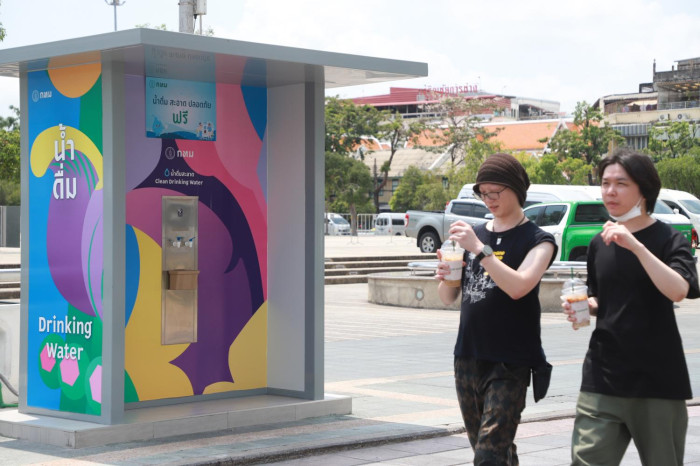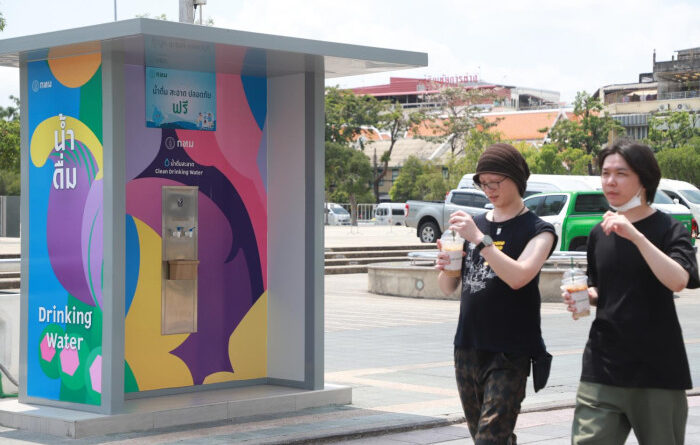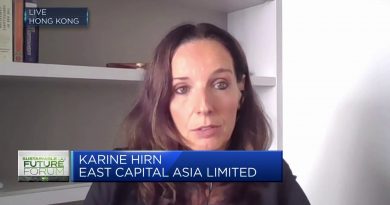Factories lead push to recycle plastic waste

Petrochemical factories want to promote a circular economy by stepping up efforts to recycle plastic waste, says the Federation of Thai Industries (FTI).
Aiming to build business sustainability, a circular economy encourages entrepreneurs to reduce waste by upcycling unwanted materials to make value-added products.
The FTI’s Petrochemical Industry Club wants to make use of plastic waste and increase the number of high value-added products, said club chairman Apichai Chareonsuk.
“The club has 28 petrochemical companies as members. They are determined to carry out business sustainability plans under Thailand’s Roadmap on Plastic Waste Management,” he said.
Under the roadmap, implemented from 2018 to 2030, 100% of plastic waste must be reusable by 2027.
Critics have raised doubts over whether this ambitious target will be met. As of 2018, Thailand’s plastic recycling rate was just 17.6%, according to the World Bank.
The influx of imported plastic waste has further complicated matters, with many recycling plants prioritising imported scrap over local plastic waste.
The plastic waste imports caused the Commerce Ministry to enforce a ban on them, which is part of a broader set of measures outlined in the roadmap.
To help reduce plastic waste in the country, Mr Apichai said the club is adopting new technologies to support recycling. It is also cooperating with state agencies and communities to deal with plastic waste pollution.
He stressed a need to further promote more recycling in the petrochemical industry, with value chains and chemical recycling currently standing at 2.4 trillion baht in value, accounting for 13% of Thai GDP.
PTT Global Chemical Plc (GC), Thailand’s largest petrochemical producer by capacity, earlier announced it would expand its recycling business by focusing on opaque plastic containers, especially bottles, under a campaign to promote environmentally friendly lifestyles among young people.
It is the second environmental campaign after the company began operating a business to recycle waste polyethylene terephthalate (PET) bottles.
Opaque plastic materials include milk and detergent containers. These discarded containers can be sorted for recycling like PET bottles so they do not end up in landfills.
Thailand generates 1.9 million tonnes of plastic waste annually, according to GC.
Source – Bangkok News




